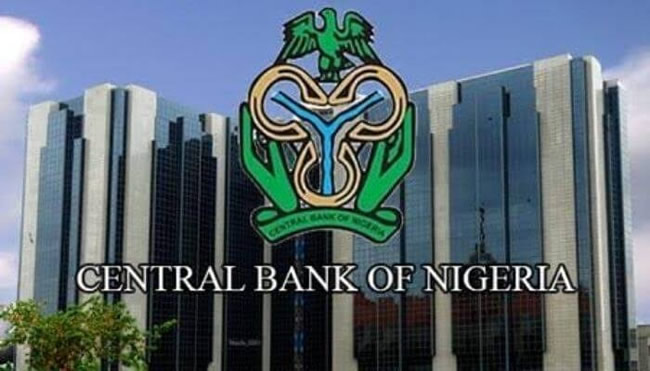CBN Act: Why fix what is not broken
Every system that works is built upon strong pillars of foundation, which makes it unique and different. Those pillars that support the system can be changed as things keep changing with time. But then, why change what is working? The proposed amendments of the Central Bank of Nigeria (CBN) Act will strip the CBN of […]

Your Money is safe in the bank – CBN assures Nigerians
Every system that works is built upon strong pillars of foundation, which makes it unique and different. Those pillars that support the system can be changed as things keep changing with time. But then, why change what is working?
The proposed amendments of the Central Bank of Nigeria (CBN) Act will strip the CBN of its autonomy. The Nigerian economy, monetary policy, and its impact on ordinary citizens will be affected. Having an independent central bank will help put inflation under check. Those proposed amendments to the CBN Act will weaken the bank as its autonomy will be severely threatened.
At the moment, we need to focus on fixing the economy rather than creating confusion by amending sections of the CBN Act. These amendments could undermine the operational independence and flexibility of the central bank, which is crucial for achieving its price stability mandate.
The legislation has passed its second reading. When this act is amended, it will introduce political interference in monetary policy decisions, hampering the central bank’s ability to manage the economy effectively and objectively.
This bill will also negatively impact the bank’s ability to play its roles effectively, especially in the areas of regulating the economy and Nigeria’s monetary policy. The National Assembly needs to resist the attempt to deliberately weaken the CBN and to focus on fixing the economy rather than creating confusion by amending sections of the CBN Act that might weaken the institution.
The current act of 2007 charges the CBN with the overall control and administration of the monetary and financial sector policies of the federal government. The proposed amendments aim to strengthen the bank’s primary mandate of maintaining monetary and price stability in support of the government’s economic growth objectives and align its governance mechanisms with global best practices.
The proposed amendments provide for an amendment to now provide a single non-renewal term of six years for the governor and deputy governors, similar to the practice adopted by many independent banks such as the US Federal Reserve and the European Central Bank. The bill also introduces a Coordinating Committee for Monetary and Fiscal Policies to coordinate monetary, fiscal, and trade policies.
The proposed amendments will also limit temporary advances to the federal government and empower the CBN to grant temporary advances to finance unexpected shortfalls in budget revenue.
The CBN autonomy needs to be preserved as an important institution of the economy. This will give more flexibility for the institution, to implement policies that will drive economic development of the country.
Isah Aliyu Chiroma wrote via [email protected]
